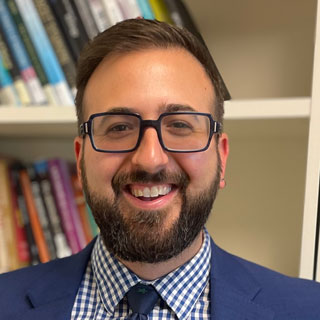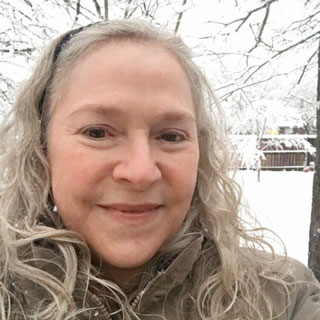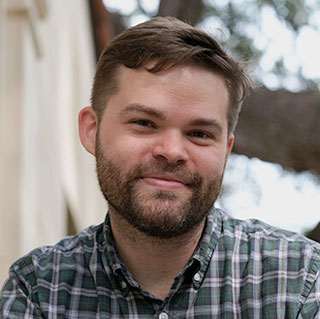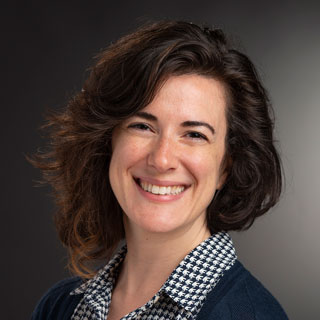Arts and Humanities Fellowships
The Arts and Humanities Fellows Program was created to stimulate interactions among scholarly and artistic faculty at Texas A&M as well as nationally and internationally. The annual selection of new fellows recognizes extraordinary scholarship and creativity among Texas A&M faculty members who are engaged in the humanities or the creative arts.
Apply for the Fellowship
The Arts amd Humanities Fellows Program invites applications from scholars in all humanities and creative arts disciplines pursuing exceptional research. Its goal is to support the advancement or completion of major scholarly or creative work and enhance external fellowship success. Projects at any stage are welcome, but applications must clearly convey the project’s value to both scholars and general audiences.
Now accepting applications for the Standard Fellowship through April 15.
About the Fellowships
- Standard Fellowships provide a three-year grant of $15,000 to support scholarship in the humanities or creative work in the arts.
- Emerging Technologies: Perspectives from the Arts & Humanities Fellowships support artistic and humanistic research that explores the relationships between technology and society.Single-researcher projects in the Emerging Technologies category will receive $10,000 in the first year of a two-year fellowship. Collaborative projects with two or more co-directors, contributing equally, will receive $15,000 in the first year of the two-year fellowship.
- Fellows may use their funds without restriction to advance or complete their projects. However, teaching activities, such as preparing textbooks or developing curriculum, are not supported..
Animated Shorts
At the end of their three-year grants, fellows are asked to participate in producing (with assistance from Research Communications) a short video to present the results of their scholarship or creative activity. The latest shorts feature our Class of 2017.
2025 Arts and Humanities Fellows

Joshua Dicaglio
Associate ProfessorDepartment of English
College of Arts & Sciences
Joshua DiCaglio works on the rhetoric of science and environmental communication. His project, entitled “Visions of Scale,” examines how a variety of contemporary artists, from photographers to performance artists to poets, engage with both science and the challenges of modern life by engaging with scale.

Maura Ives
ProfessorDepartment of English
College of Arts & Sciences
Maura Ives’ primary research in 19th-century print and digital textual studies focuses on Victorian women writers, analyzing their works through book and publishing history, bibliography, scholarly editing, material culture and biography. Ives’ fellowship research focuses on illuminating the transatlantic literary impact, professional management, social networks and public celebrity persona of writer Jean Ingelow.

Jason Parker
ProfessorDepartment of History
College of Arts & Sciences
Jason Parker’s research examines the ways that state and non-state actors in the United States engaged with their counterparts abroad within a complicated matrix of strategy, security, decolonization and race during the long “American Century.” His project addresses the origins of the postwar world order by focusing on the American intellectual and policy experts who grappled with the “minorities question” and refugee crises in the wake of World War I and throughout the interwar period.

Nancy Plankey-Videla
Associate ProfessorDepartment of Sociology
College of Arts & Sciences
Nancy Plankey-Videla explores how structural inequality affects opportunities and barriers for women workers in Latin America and Latinx immigrants in the U.S. Her fellowship research investigates how deported and constrained Mexican immigrants decide whether to return to the U.S. or remain in Mexico, focusing on their personal experiences, the complex meanings they attribute to “home” and the factors that influence their post-return life trajectories.

Justin Randolph
Assistant ProfessorDepartment of History
College of Arts & Sciences
Justin Randolph studies the historical development of law enforcement in the American South. His project explores the transition from racially exclusive policing to the South’s contemporary, diverse police forces through the creation of an oral history archive and a scholarly monograph.

Vanita Reddy
Associate ProfessorDepartment of English
College of Arts & Humanities
Vanita Reddy researches the intersections of race, gender and sexuality in diasporic and transnational contexts. Her project theorizes how the law and visuality intersect to shape discourse around sexual violence to show how state neglect is countered by activism and visual art.

Shawna Ross
Associate ProfessorDepartment of English
College of Arts & Humanities
Shawna Ross studies British modernism, Victorian Literature and the digital humanities, and explores theoretical frameworks such as Space theory and the Environmental Humanities. Her project addresses the problem of lost digital literary projects by developing a new critical practice for digital preservation and creating models for implementing multi-horizon preservation strategies.

Whitney Sperrazza
Assistant ProfessorDepartment of English
College of Arts & Sciences
Whitney Sperrazza’s interdisciplinary research focuses on early modern literature and histories of science, with a particular emphasis on poetics, gender and media archaeology. Her project shifts attention from sight to touch as the dominant sense shaping the early British Empire by analyzing how early modern literature, science and poetry articulated the desire to possess new lands and peoples through physical interaction and the management of scale.

Courtney Starrett
Associate ProfessorDepartment of Fine Arts
College of Performance, Visualization, & Fine Arts
Courtney Starrett is an artist working at the intersection of art, craft and technology whose scholarly interests include digital fabrication and data sculpture. Her project transforms raw climate data into tangible, emotionally resonant artworks, including cyanotype prints and ritual objects like worry beads and sculptural vessels, to communicate climate anxiety, foster public awareness and inspire collective action.

Lu Tang
ProfessorDepartment of Communication & Journalism
College of Arts & Sciences
Lu Tang studies how emerging technologies such as artificial intelligence (AI), chatbots and virtual reality can be used for health promotion, with a special emphasis on ethics and social justice. Her project investigates how humans form emotionally meaningful relationships, including companionship, friendship and romantic bonds, with AI chatbots in their everyday digital lives, using digital ethnography to examine the co-construction and social implications of human-AI intimacy.
